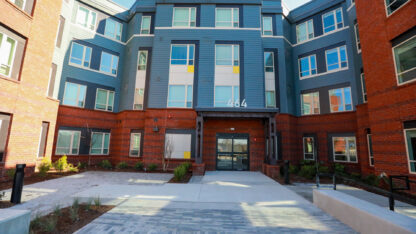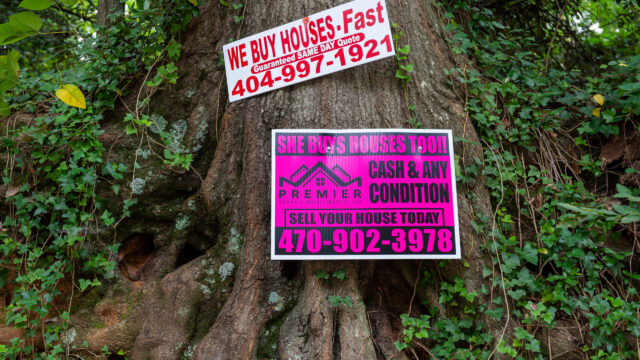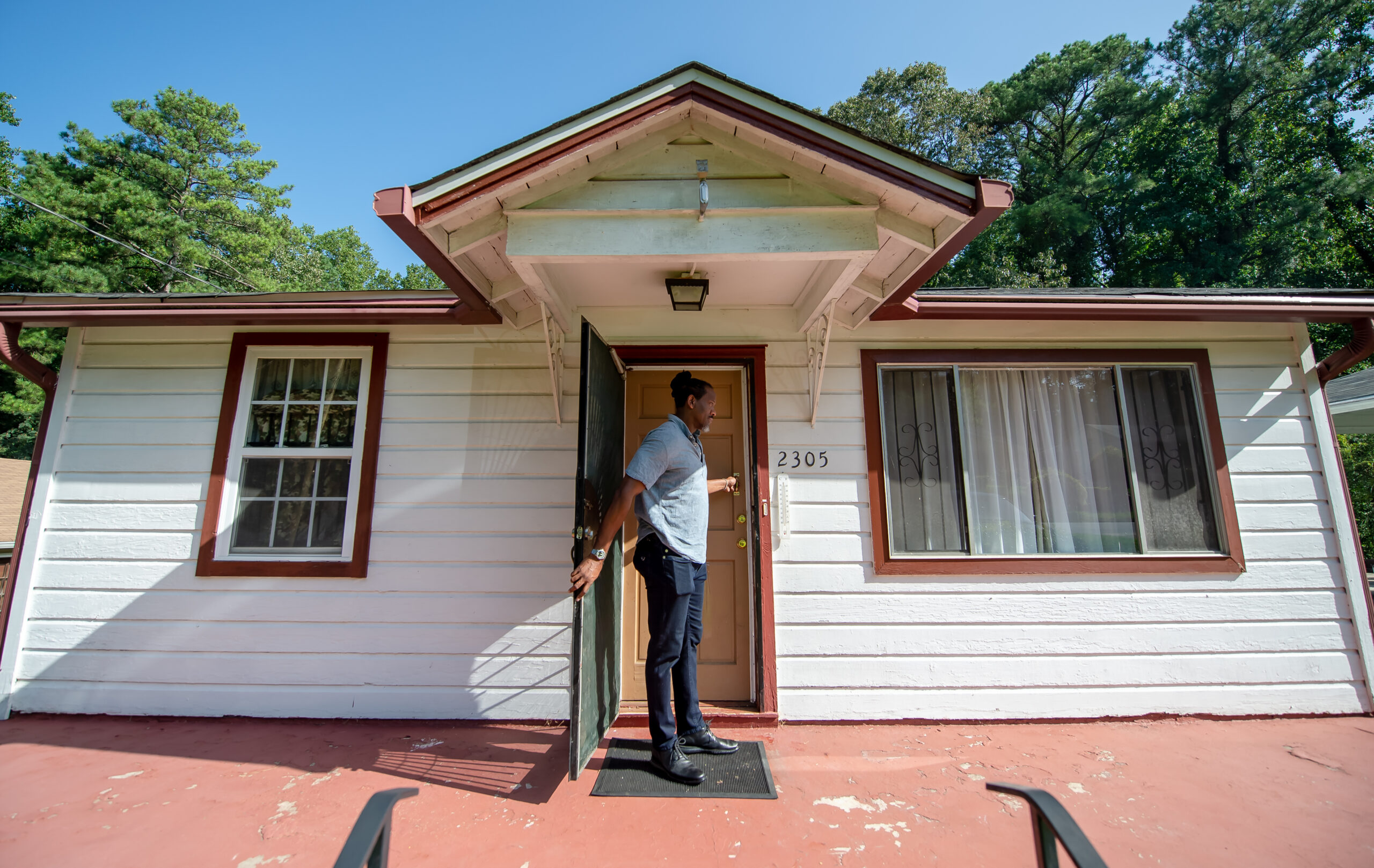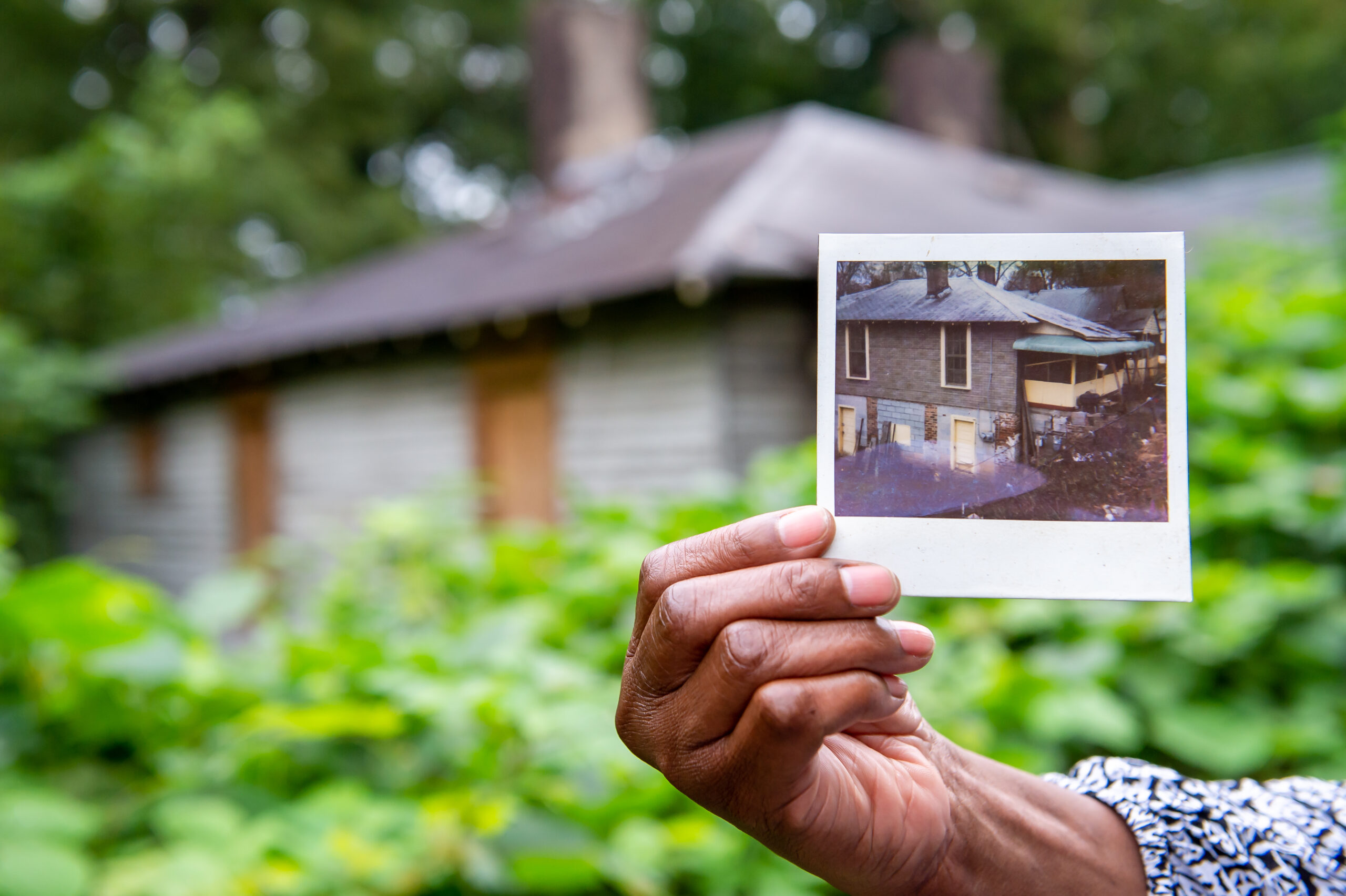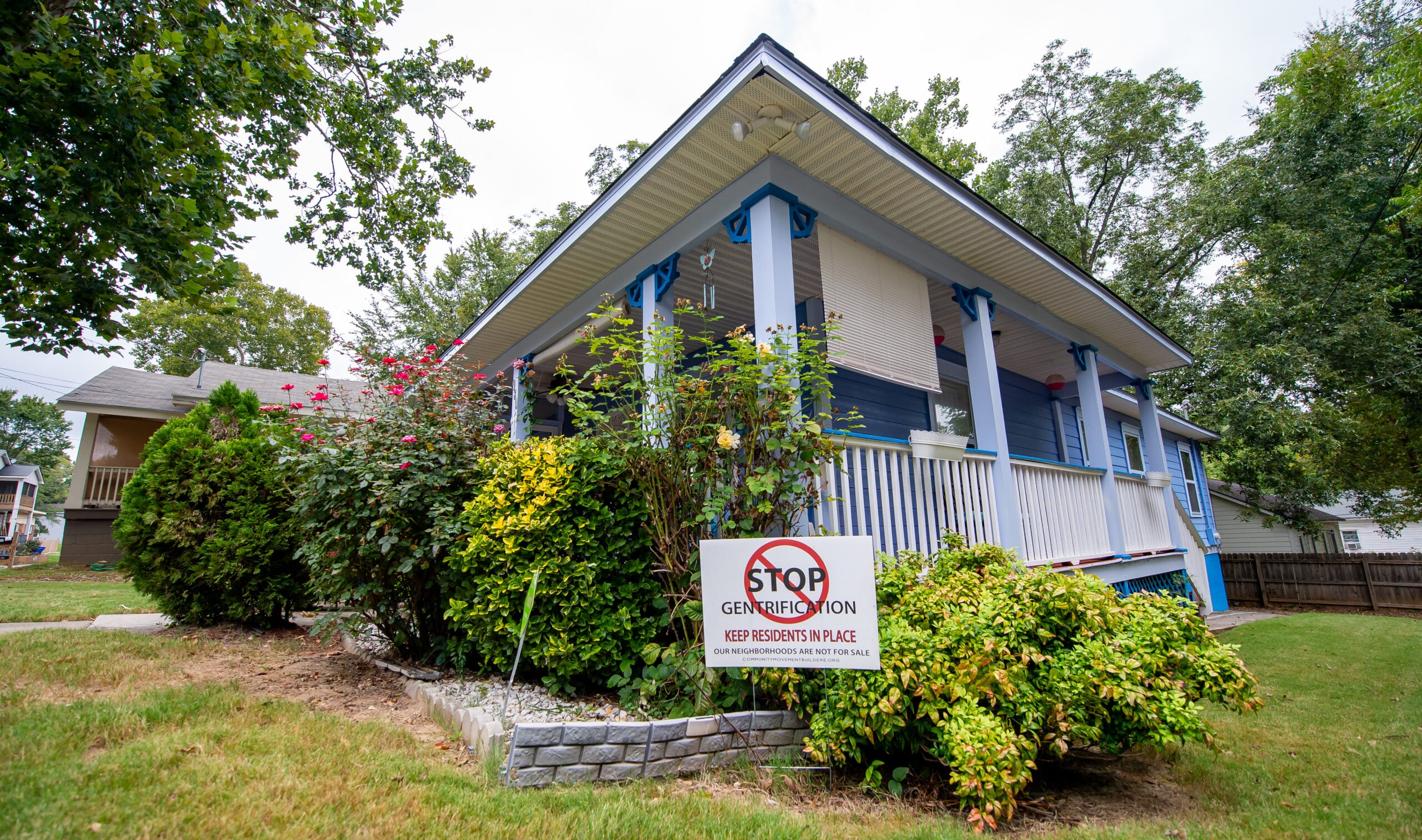Harassing people into selling their homes could become illegal in Atlanta. The new legislation follows an investigation by WABE and APM Reports showing unchecked predatory investor tactics could disproportionately hurt Black homeowners.
WABE and APM Reports compared four years of home sales data in Fulton County to estimate fair market value. They found low-value sales were concentrated in gentrifying, longtime Black neighborhoods near development projects like the Atlanta BeltLine.
Longtime homeowners in these neighborhoods spoke of constant calls, texts and letters from investors asking to buy their properties. One homeowner also dealt with repeated code enforcement and animal control complaints before selling. Another said she was convinced into signing papers she didn’t understand.
In response to the series of reports by WABE and APM Reports, the Atlanta City Council is now introducing legislation aimed at predatory investor practices.
It creates a new type of city-level offense called “commercial harassment.” If investors contact homeowners repeatedly within a six-month period asking to buy their properties, homeowners can report those investors to the city. The ordinance is similar to one adopted in Chicago, which prohibits investors from calling residents for six months once their offer has been turned down.
Councilmember Matt Westmoreland, who crafted the legislation and plans to introduce it Monday, described it as the start of an effort to protect Atlanta’s longtime homeowners.
“This is meant to have the backs of legacy residents who feel like they are the victims of predatory tactics or equity theft,” Westmoreland said.
“Equity theft” is the term housing advocates use for cases where investors coerce homeowners into selling their property for well below its possible market value.
Equity is the profit homeowners could see when they sell their homes, and these advocates say it can be key to building wealth for working-class families. When investors steal that profit, it disrupts the wealth-building process.
And the implications could be particularly severe for Black households, who historically have benefitted less from homeownership. National studies have found that Black families have one-tenth of the wealth of white families.
WABE and APM Reports’ investigation revealed that undervalued sales were widespread in longtime Black neighborhoods in south and west Atlanta, where home prices have appreciated significantly. The findings were most extreme in four neighborhoods. In Pittsburgh, Venetian Hills, Grove Park and Sylvan Hills, one in four homes sold by someone living in them sold for a price that wasn’t even half the Zestimate from Zillow.
These neighborhoods were also among those with the highest rates of homes with occupant sales prices that were well below their value when compared with the Fulton County Tax Assessor’s estimate of fair market value. In more than a dozen other neighborhoods, largely on the northern side of Atlanta, there were no sales by owner-occupants that were similarly low-valued.
The legislation before the Atlanta City Council must go through the committee process and then receive the full council’s approval. Investors who are found in violation of the new code could face fines up to $1,000.
WABE’s full series exploring the consequences of equity theft is here. It was possible with support from the Corporation for Public Broadcasting and was produced in collaboration with APM Reports, the investigative reporting unit of American Public Media.

